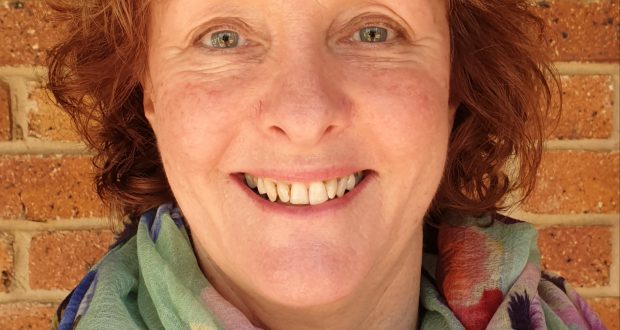As part of domestic and family violence prevention month, Karen Prestidge describes the silent impact of coronavirus.
For three months the nation has been captured by a set of statistics which have given us every indication of how well we have been addressing COVID-19. These are the daily numbers that tell us our “current status”, including not only confirmed cases but more importantly the number of people who have died as a result of COVID-19. As a nation we have all taken part in actions to reduce the spread of COVID-19 and sought to work collectively to support our most vulnerable in society.
Our concern for the elderly as they practised social isolation has led to spontaneous acts of kindness, where concerned neighbours and community members have provided letter box drops of cards offering help to get supplies, etc; wonderful examples of people reaching out and caring for one another. Chalk the Walk and Going on a Bear Hunt are two other examples of creative responses to challenging times, where we have acknowledged the toll social distancing has taken on everyone, and sought to reach out and connect.
We have demonstrated by our actions—people count and individuals can make a difference.
Which makes me wonder: we have another set of statistics which are always before us like a silent sentinel. Many people remain unaware of the significance of these figures and how they reflect on our well-being as a nation. These statistics are also to do with death, the lives of women taken by their partners. Last year 62 women lost their lives to domestic and family violence and this year to date 16 women have been killed. Domestic and family violence is estimated to cost the Australian economy $22 billion a year and has a fundamental impact on the broader community and economy. It is indeed a scourge on our society. Women and children who are subjected to domestic and family violence are highly vulnerable and experience physical and mental health impacts with disrupted social well-being. It is the leading cause of homelessness for women and their children and is a leading contributor to illness, disability and premature death for women aged 18-44.
Violence against women deserves our attention and support no less than our response to COVID-19. We have already demonstrated through COVID-19 what can happen when people are galvanised into action and we take collective action. Considering May is domestic and family violence prevention month, the challenge for each of us is to focus our attention on the prevalence and severity of violence against women in Australia. As we remember and honour the memory of women who have died so tragically, can we within our own hearts consider what part we may play to help create change in our community and address the behaviour and attitudes that allow domestic and family violence to continue. We can do this by coming together once again and counting it important.
Karen Prestidge is the Statewide Manager for Lifeline Community Recovery. For more information, visit the domestic and family violence prevention month website.
 JourneyOnline
JourneyOnline







